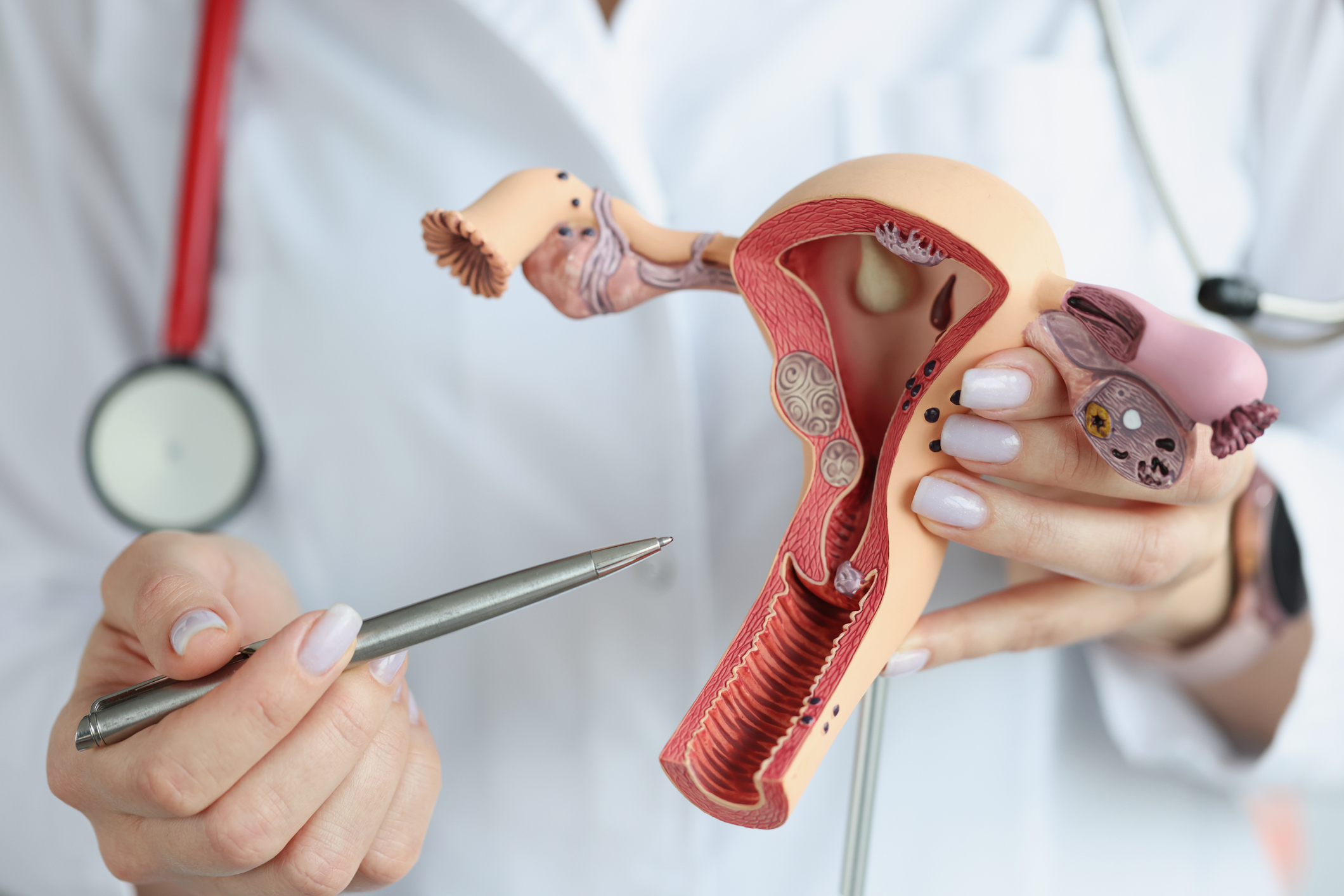
A gynecologist is an integral part of a woman’s healthcare journey. Whether you’re a young adult, in the midst of motherhood, or approaching menopause, gynecologists play a vital role in addressing your unique healthcare needs. These seasoned experts possess a vast reservoir of knowledge and hands-on experience in the diagnosis and treatment of conditions connected to the intricate female reproductive system, which comprises vital components, including the vulva, uterus, fallopian tubes, ovaries, cervix, and breasts.
Gynecologists operate within a broad spectrum of services, ranging from fundamental preventive care and thorough cancer screenings to addressing a wide array of physical and sexual health concerns. Their responsibilities include conducting essential procedures like comprehensive pelvic exams, external genital assessments, Pap tests, and rigorous cancer screenings. They are experts in identifying and treating various diseases and disorders that may affect the female reproductive organs.
When to Consult a Gynecologist?
As outlined by the American College of Obstetricians and Gynecologists (ACOG), the recommended frequency for well-woman visits can vary based on age and individual health factors:
- For Adolescents (Ages 13 to 15): ACOG recommends scheduling the first gynecologist appointment between the ages of 13 and 15. This initial visit is an important step in understanding and addressing reproductive health.
- For Women Ages 21 to 29: In this age group, a general guideline is to have a well-woman visit every year. These visits often include discussions about sexual health, contraceptive options, and the importance of regular screenings.
- For Women Ages 30 to 65: The frequency of well-woman visits may change for women in this age group. Women between the ages of 30 and 65 can consider continuing annual well-woman visits or transitioning to well-woman visits every two or three years based on individual risk factors and physician recommendations. During these visits, discussions about menopause, bone health, and age-appropriate screenings are common.
Regular visits to a gynecologist play a pivotal role in maintaining optimal women’s health. Whether you’re embarking on adolescence, planning a family, or navigating the changes of menopause, knowing when it’s time to consult a gynecologist is essential:
- Abnormal or Painful Periods: Although occasional variations in your menstrual cycle are common, persistent abnormalities, such as unusually heavy bleeding, severe cramping, or prolonged bleeding, may warrant a consultation. These symptoms might be indicative of conditions like endometriosis or uterine fibroids.
- Irregular Vaginal Bleeding: While some irregular bleeding between periods can be normal due to factors like ovulation or changes in birth control, unexplained bleeding between periods, bleeding while pregnant, or bleeding after menopause requires prompt medical evaluation.
- Pelvic Pain: Experiencing pelvic pain during activities such as exercise or intercourse should not be ignored. It could be a sign of issues like ovarian cysts, pelvic inflammatory disease, or endometriosis, and a gynecologist can provide the necessary evaluation and treatment.
- Menopause Symptoms: If you are in the perimenopausal phase or experiencing menopause, a gynecologist can address your concerns, guide you through hormonal changes, and discuss what to expect during this phase.
- Breast Pain or Lumps: While mammograms and breast ultrasounds are typically needed to diagnose breast pain or lumps, your gynecologist can assess your symptoms and help determine the urgency of obtaining breast imaging.
- Urinary Issues: Gynecologists are well-versed in managing common urinary tract infections (UTIs). They can often assess UTI symptoms and provide antibiotic prescriptions over the phone. In cases of recurrent or complex UTIs, you may be referred to a urologist.
- Well-Woman Exam: Your annual well-woman exam is ideal for connecting with your gynecologist to address any gynecological concerns you might be experiencing, including pain during intercourse, vaginal dryness, or concerns related to bladder health. This comprehensive checkup includes a Pap smear, breast exam, and pelvic exam. The frequency of Pap smears depends on your age and individual risk factors, with some women requiring them every two to three years. However, even if you’re not due for a Pap smear, your annual well-woman exam is essential for pelvic and breast exams. Additionally, it allows for a discussion of other preventive care measures you may require, such as mammograms, bone density testing, or colorectal cancer screening.
A gynecologist is invaluable in maintaining a woman’s overall health. Their expertise spans various aspects of reproductive health, making them essential at every stage of a woman’s life. If you have questions or concerns regarding sexual health, your menstrual cycle, or other gynecological issues, don’t hesitate to reach out to a TopLine MD Affiliated gynecologist. They are dedicated to providing you with the best care and support to ensure your health remains a top priority.



